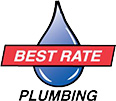How to Prep Your Plumbing for the Cold of Winter
When the coldest days of the winter are about to set in, it is a good idea to prepare your home’s plumbing. This is not as difficult as it may initially sound as there are simple tasks any homeowner can do to ensure their pipes are not impacted by the harsh winter weather.
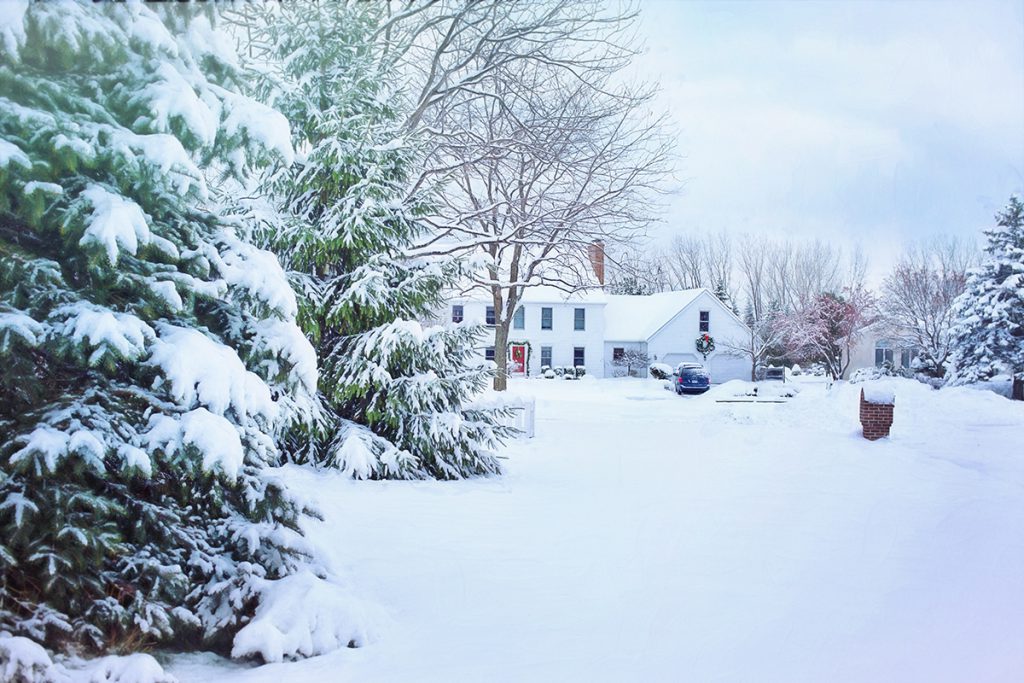
Close All Foundation Vents
The foundation vents in a home are located on the lowest level and their purpose is to allow air to pass through for the purpose of reducing mold and moisture in crawl space areas. But when the weather turns frigid, that air that passes through has the potential to freeze pipes. A cold breeze may also impact any existing air leaks, so it is a good idea to keep those vents shut on the coldest days of the winter.
Let the Water Drip
When you learn that cold air is coming your way, leave hot and cold water dripping especially on plumbing fixtures that are located on an exterior wall. The exterior walls will get very cold, but even a drip will keep water moving through the pipes and make it more difficult to freeze. When the temperature dips below freezing, this is an excellent precautionary measure to take to protect your plumbing.
Insulate
Crawl spaces, garages and windows in a basement are all susceptible to letting the chill of winter into your home. Insulating all those areas adds a protective layer against the impending chill of winter. This is important because the more frigid air you let in, the more susceptible your pipes are to freezing. Insulating those areas also has the added perk of improving your home’s energy efficiency.
Keep the Temperature High
Many homeowners will look to save on heating costs by raising the temperature inside their home at night and lowering it during the day. Programmable thermostats make this a simple task. But when it is very cold, keeping the temperature at that higher setting will protect your plumbing. This will keep the pipes warmer at all times.
Turn off Outdoor Faucets
Outdoor faucets and hoses should be turned off for the winter. It is suggested that homeowners disconnect all hoses because they could still contain some water. If that freezes, it could create larger plumbing problems. Part of winterizing your home means attending to the outdoor water system. Any sprinkler systems should also be drained and shut down.
When a homeowner discovers a leak, the first thing to do is turn off the home’s main valve. Also, use extreme caution as standing water can be a dangerous electrical hazard. Residential and commercial plumbing repairs Fort Mills SC are fast and efficient when Best Rate Plumbing is called on. The quicker you act on the problem the better.
What To Know About Grease and Your Kitchen Sink
One of the most important rules for all homeowners is to never pour grease down your sink. Pouring grease down your kitchen sink will cause the sink to drain slowly or not at all. Here are some more helpful insights on how to deal with grease and your kitchen sink.
Ignore The Hot Water Myth
There is also a misperception that pouring grease down your sink, along with hot water, is okay. This is indeed a myth. While the hot water may appear to break up the grease, it will not remain in that state. Grease will congeal at room temperature and that means it is not likely to make it all the way out of your home plumbing. The end result could be a nasty clog somewhere in your piping.

What To Do If Grease Is Poured in Your Sink
There is always the off chance that someone in your home winds up pouring grease down your kitchen sink. If this should happen try using a method that is non-corrosive to remedy a grease or oil clogged drain. Get a hold of a ½ cup of baking soda and put it down the drain. Then, follow it up by pouring a ½ cup of white vinegar into the drain. This will create a fizzing. Cover the drain as soon as that commences and let it last for around 10 minutes. Next, pour a pot boiling water down the drain to slush it out.
Garbage Disposals Do Not Help Break Down Grease
Having a garbage disposal is not an insurance policy that protects grease from clogging your pipes. It should be noted that pouring grease into your kitchen sink can lead to an eventual sewer clog. When scraping grease out of plates or pans, do so into a garbage can and not the garbage disposal.
Dispose Of Grease Properly
The best way to dispose of grease is to do it in the proper state. Let the grease sit out and congeal. Then, scrape it into a trash can and dispose of it accordingly. And be sure to wipe away any residue instead of rinsing it off in the sink. It is a good idea to keep an old jar in the kitchen to hold the grease. Also, refrain from composting the grease as it is likely to draw animals.
If you have are experiencing a drain clog in Charlotte, NC or the surrounding areas, contact Best Rate Plumbing.
Whole House Plumbing Inspections Should Be Done Once a Year
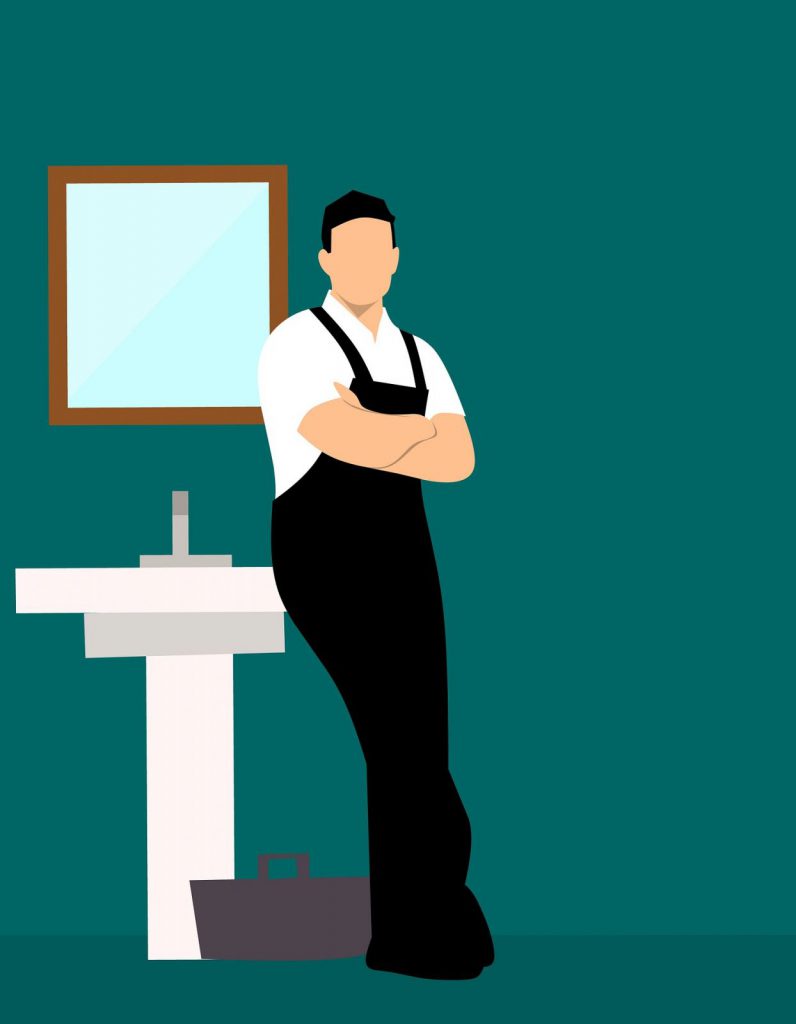
Plumbing repair is something that can cause immediate panic to set in. Homeowners generally fear the moment that their home springs a leak and that is usually because of the great unknowns that come with plumbing problems. Most homeowners are unaware of how to fix the problem. One way to stay ahead of those issues is to conduct an annual whole house plumbing inspection.
A whole house inspection takes a look at all of the plumbing inside a home. This is a form of preventative maintenance, as well as a chance to identify any problem areas. It is a multi-step process that takes a comprehensive look into the state of a home’s plumbing. Here is a glimpse of the advantages that come with a whole house plumbing inspection.
Check for water leaks
While a whole house inspection looks for more obvious signs of water leaks, it also inspects for any sign of a hidden leak or problem with house sewer pipes. Examining all pipes for possible corrosion will also identify a problem that could cause a leak in the not so distant future.
Water pressure check
Low water pressure is a sign of some type of problem and that could be due to a high accumulation of sediment or pipes being corroded internally. Meanwhile, high water pressure can spring tiny leaks that will expand over the course of time. Too much water pressure can also inhibit the lifespan of home appliances. Water pressure can be adjusted to the correct setting during a whole house inspection.
Drainage Check
Signs of slow drainage can signal something other than a clod in the drainage system. It could also be a sign that a vent pipe is blocked. Slight clogs can steadily develop into a blockage which could cause quite a bit of damage.
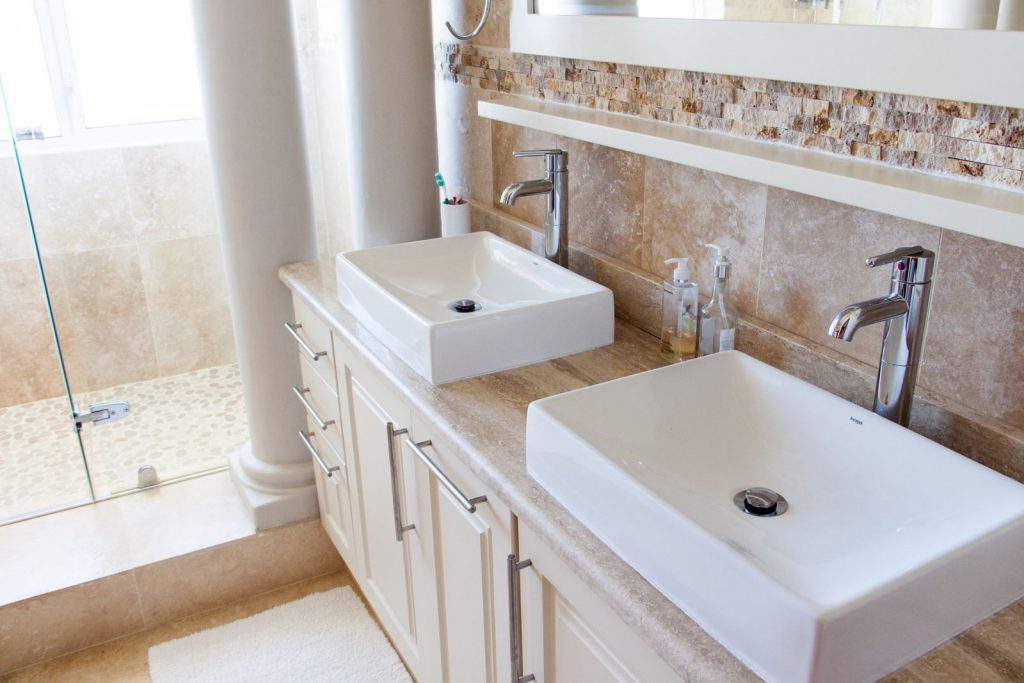
Water heater inspection
Sediment could build up in both a tankless or conventional water heater and needs to be cleaned out. There are several other issues that could impact water heaters and it’s important to make sure none are a danger to the safety of those within a home. A whole house inspection should examine water heaters to determine what type of maintenance is needed.
Most whole house inspections are much akin to getting a vehicle serviced every year. It will function better with a detailed inspection and subsequent repair. Best Rate Plumbing is ready to provide you with a Charlotte, NC whole house plumbing inspection.
Your Tankless Water Heater is Recommended to be Serviced Once a Year
The design of a tankless water heater is completely different from that of a tank heater, which means the upkeep is also unique. There is no actual combustion needed to heat the water and while problems are less frequent in tankless water heaters, an annual service check is strongly recommended.
Once a year, a tankless heater should be flushed out. The purpose of this is to remove the accumulation of limescale and minerals. It will also allow the tankless heater to operate with a higher level of efficiency. Flushing an electric heater is one of the most highly recommended forms of preventative maintenance.
Another that should be addressed is the air filter. There are certain manufacturers that recommend routine cleaning. Many homeowners get caught up in the busyness of their daily lives and the end result is a dirty air filter. However, annual service can remediate such problems.
It is important to note that warranties on tankless water heaters are not guarantees that the unit will be immune to breakdowns. Warranties are there for protection in case something goes wrong, but that does not negate the need for preventative maintenance.
There are several forms of preventative maintenance which can help to extend the lifespan of a tankless water heater. The life expectancy is about 20 years, but that is made possible through upkeep and maintenance. There are many preventative maintenance tasks homeowners do not know how to do.
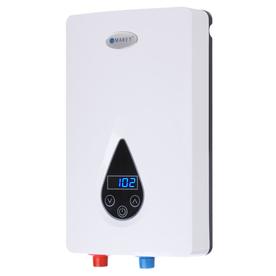
For example, the inlet water strainer should be kept clean and there is also a need to give the sediment trap a good cleaning. Preventative maintenance on an annual basis will also focus on inspections of the water or gas shut-off, as well as the condensate drain. If there is a problem with any of these components, even a minor one, it could result in more expensive repairs down the line.
The presence of hard water is also something that could accelerate problems with a tankless water heater. If you live in an area where hard water is prominent, then it’s a good idea to service your tankless heater once a year.
Purchasing a tankless water heater is an investment and with any investment comes the responsibility to ensure it is protected. Call Best Rate Plumbing to schedule a tankless water heater annual service check. We will make sure your unit is running efficiently while also eliminating the chance for minor issues to turn into major ones.
The Advantages of A Tankless Water Heater
More and more homes are now equipped with a tankless water heater. New construction is continually featuring this variety while a vast number of homeowners are also upgrading. Here is a closer look at why this has become such a popular option as there are many advantages to using a tankless water heater.
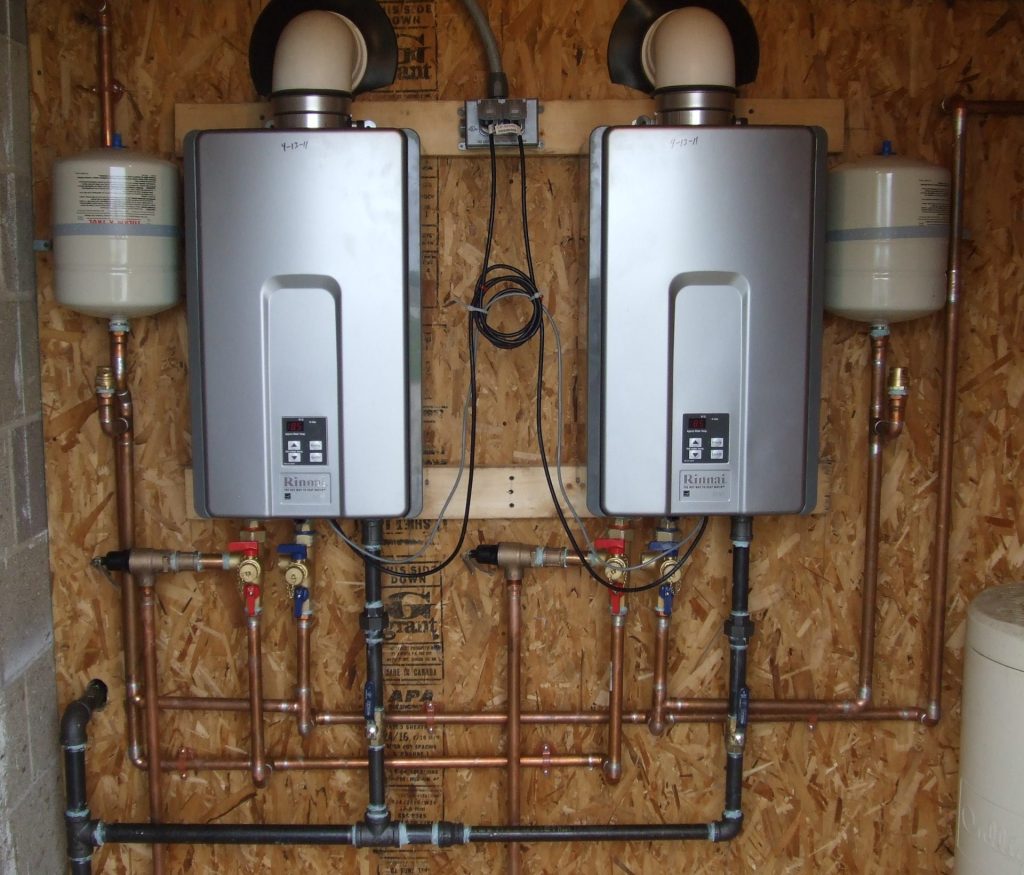
Hot Water on Demand
There is no waiting for water to heat up when using a tankless heater. Water is heated as it is used, which means there is no waiting on a chilly morning for the water to heat up. There is also no worry when it comes to someone flushing a toilet and turning your nice hot shower into a temporary cold one.
Endless Supply
There is nothing worse than enjoying a nice, hot shower, only to have the water suddenly go from warm to lukewarm to cold in an instant. Tankless heaters do not rely on a water tank and that allows them to continue to pour out hot water.
Decreased Monthly Bills
Tankless heaters or more energy efficient than tank heaters. While tankless heaters cost more upon their initial purchase, they have a longer life span. They also decrease monthly energy bills making this a very affordable option over the long term.
More Space
A water heater that comes with a tank takes up a sufficient amount of room. A tankless heater fits neatly onto a wall and does not clog up a room. In a home that is limited in square footage, a tankless water heater could make a big difference.
Standby Loss
One of the top features of a tankless water heater is its capability of eliminating standby loss. The process of reheating water is done on a repeated basis and it increases energy bills. And when no one is there home, a tank water heater still continues to use energy as it continues to prepare to reheat water.
Extended Warranties
The purchase of a water heater typically comes with a warranty. The cost of repairs is then covered by the manufacturer. Tankless water heaters usually last upwards of 20 years and, therefore, come with longer warranties. That means no untimely repair bills in the foreseeable future.
No Risk of a Flood
Water heaters with a tank have the potential to spring a leak. That could lead to extensive damage, although there is not even the threat of that happening with a tankless heater.
Contact the professional team at Best Rate Plumbing Rock Hill SC & Surrounding areas today!
The Importance of Toilet Seal Inspection
When people think of large-scale damage to a home, it is common to suspect harsh weather or fire as the culprits. However, water causes more property damage than fire or smoke on an annual basis. Water damage comes in a variety of forms and that includes faulty toilet seals.
That is why it’s in your best interest to have your toilet seals inspected once a year. The seal may leak without you knowing it causing major damage to your bathroom floor. This could literally coast hundreds to thousands of dollars in plumbing repairs.
Function of a toilet seal
The seal on a toilet should be thought of as a protective barrier. Located on the bottom of the toilet where it meets the floor, it keeps water and unpleasant odors from spilling into a home. The seal is not visible as it is covered by the actual toilet. The seal is typically made of wax, but can also be waxless. The seal also protects the floor from incurring any water damage.
Signs of a bad toilet seal
Once you understand the function of a toilet seal, it is easier to identify signs that the seal is bad. Foul odors emanating from the toilet indicate that the seal is no longer keeping out the smells that emerge from gases in the sewer line. Another sign would be the presence of water on the bathroom floor. Stability issues are another sign that the seal is failing.
Professional repair of a toilet seal
Enlisting the services of a professional plumber for toilet seal inspection is strongly recommended and that is because it involves some tasks that homeowners may not know how to perform. The bowl tank needs to be emptied before the bolts are removed. The supply line also needs to be disconnected while there is a gentle way the bowl should be removed. All of those disconnections must then be reconnected.
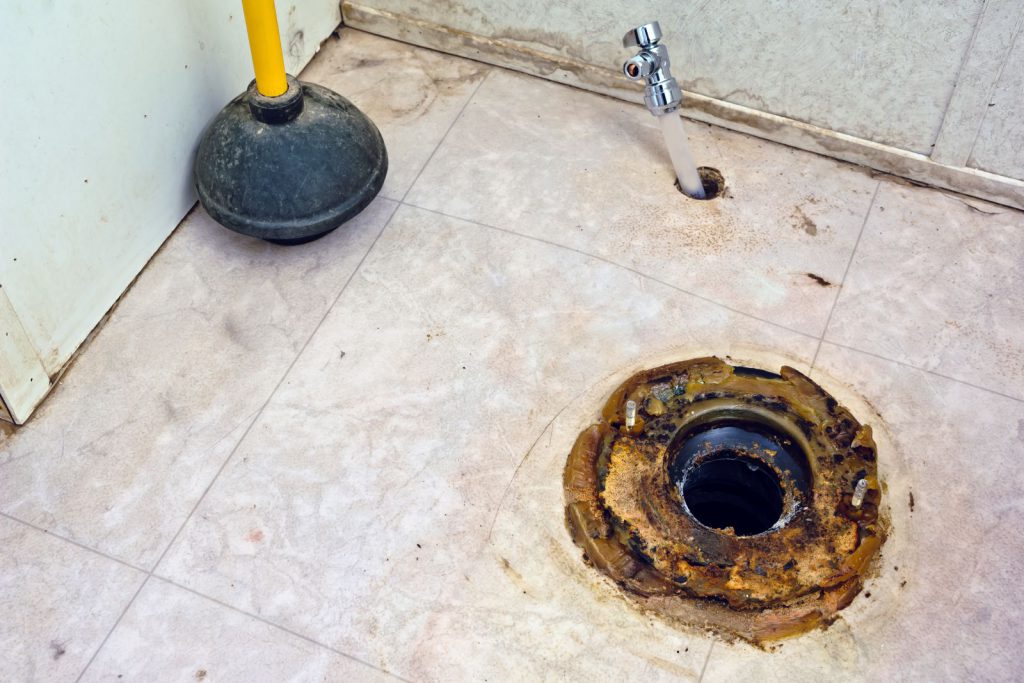
Replacing a toilet seal
When an inspection reveals that it is time for a replacement seal, there are a variety of options. An experienced plumber will suggest using a seal from a top manufacturer, whether it be a wax or waxless seal. It is important to choose a quality product and have it installed properly. A failure to do so could lead to more problems in the future. Toilet seals play a vital role and that is why it is important to check them annually and this could also be part of a whole house plumbing inspection in Charlotte NC at Best Rate Plumbing.
How to Maintain Your Garbage Disposal
Garbage disposals provide a major convenience within any kitchen. But having this type of luxury does not come without some operational tasks. Follow these simple steps recommended by plumbers and you will be able to safely maintain your garbage disposal so that it provides extensive and effective usage.

Feed it Cold and Slow
Always be sure to feed the garbage disposal slow and always use cold water. Items like egg shells and vegetable pilings or prone to clog your disposal if it is fed too fast with not enough water flow. It is also important to use cold water because there is no chance of liquifying any oil or grease. Hot water can break down those substances and make it seem like they are able to go down without a problem. However, that is not the case.
Stay Away From Hard and Fibrous
Garbage disposals are not built to break down every type of food. There are certain foods that will wear down your disposal. Any type of hard food foods should be avoided and that includes bones, seeds, pits and shells. The same goes for fibrous foods which extend to banana peels, potato skins, artichokes and a host of others. Fibrous foods can wrap around the unit’s shredder ring and cause problems. It’s also good to avoid pouring coffee grounds down the disposal.
It is Not a Garbage Can
Don’t confuse the garbage disposal with a garbage can. Small items like twist ties, strings, rags, sponges and bottle caps should be thrown in the trash. Just because these items are smaller does not mean they should be tossed into a garbage disposal.
Clear the Drain
Clearing your drain when using your garbage disposal does not involve anything that is very technical. However, it is important to keep the disposal and water running after all the waste items have cleared the drain. Do this for about 30 to 60 seconds. This will help ensure all the items are carried through your piping as it has some distance to go after disappearing down the drain.
Give it a Good Cleaning
Dropping ice cubes down your garbage disposal every couple of weeks is part of the cleanup. Grinding up the cubes helps to break up any waste that is still clinging to the unit. Adding in some baking soda helps get rid of germs and the addition of some citrus peels can leave a nice aroma lingering around once the cleanup is finished.
Annual Well Pump Systems Inspection Recommended
Wells play an extremely important part in the daily functioning of any household. Water from a well is used in many ways and any type of failure could lead to contamination and sickness. In an effort to be protected from any of that unpleasantness, well pump system inspections are recommended on an annual basis.
The CDC recommends that wells be inspected once a year. That process examines the various components of a well that makes it function. A well pump is pretty much the heart of the well and any issues can impact production.
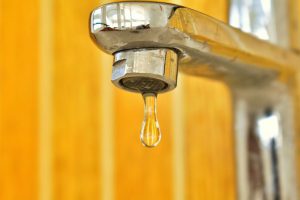
Flow Test
A professional annual well inspection usually starts with a flow test. This will gauge the level of the water that is present during and before pumping. It will also inspect the performance of the pump motor. This includes a thorough check of the line voltage, amp load and grounding. It will also include an examination of the pressure switch contact in addition to an inspection of the pressure tank.
Local Code standards
There are standards and codes set by local municipalities when it comes to wells. These are designed to meet sanitary conditions that maintain proper health. An annual inspection will check to see if all the codes and regulations are being met.
Testing the water
There is a host of contaminants that can infiltrate your well water. During an annual inspection, tests are conducted to check for bacteria, iron, nitrates, lead, manganese, sulfides and other contaminants. But any changes in the water is no fault of the homeowner. There could simply be changes in the groundwater as it happens over the course of time.
A well-rounded inspection
Don’t expect a well inspection to be relegated to just the well pump or the well itself. There are a lot of parts that cannot be seen while there are also valves, adapters, arrestors and much more. Inspectors will also check out the pressure tank which is generally located in the basement.
Maintain value of home
Annual inspections will add to the value of a home. When it comes time to sell, costly well repair could wind up impacting the asking price. A home inspection prior to sale will reveal well issues if there are any. But a well-maintained well will be a selling point and the money spent on annual inspections can be recouped in the sale of a home or years without needing any costly repairs.
A Typical Water Heater Needs To Be Inspected and Drained Once A Year
Water heaters work constantly, and they are a household appliance that nearly all of us have come to rely heavily on each day. It is also an appliance that most people take for granted. Conventional water heaters should be drained an inspected each year and failing to do so could lead to a myriad of problems.
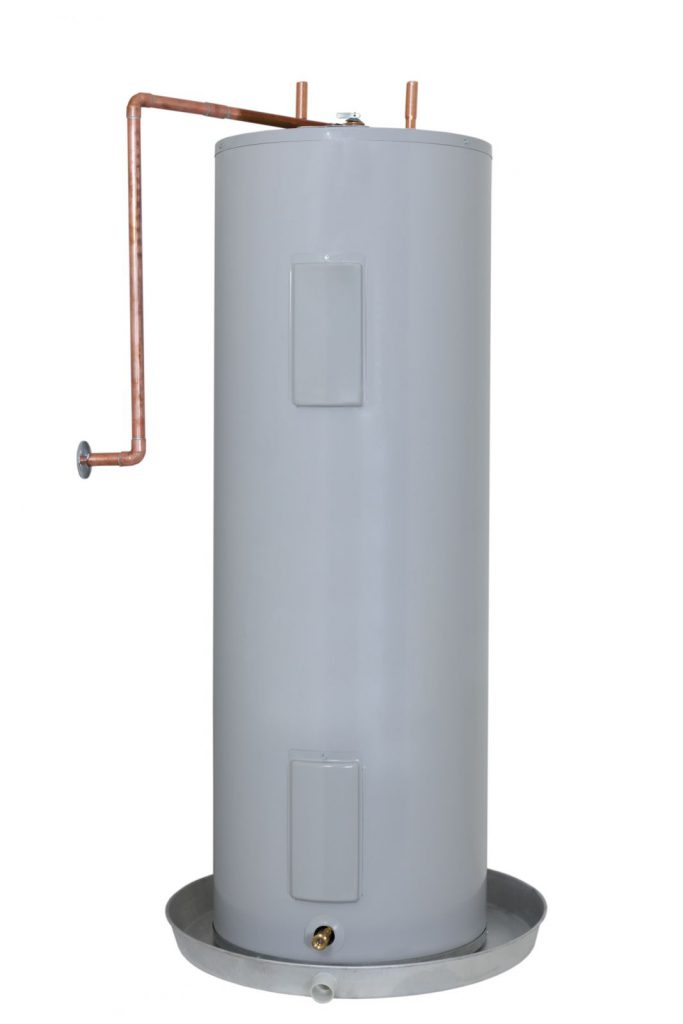
Why drain your water heater?
One of the top reasons to drain a water heater has to do with the buildup of sediment. There is no telling how much sediment is in a water heater without draining the tank. A build of sediment could result in the production of less hot water than what should normally come out. It can also lead to a bump in energy bills because the water heater has to work harder. And it could even lead to a leak in the water heater, which could cause costly damages to your home. Too much sediment could cause the unit to overheat and wind up cracking the lining.
Another benefit of annual draining is that it will get rid of any noise produce by a buildup of limescale. If your water heater is making strange noises, then it may be time for a professional to flush the system and take a look at what is amiss.
Why call a professional to drain your water heater?
There are certain home improvement projects that can be done by watching a quick online tutorial. However, water heater draining and inspection is not something that should be done by someone who is not a trained professional. It involves turning off either the gas or electricity and properly turning off the water. That is just the preparation phase as more detailed inspection follows. It’s best left up to a professional plumber.
What other benefits come with draining and inspection?
There are a lot of working parts on a water heater and inspection does not necessarily mean finding faulty parts and replacing them. Inspections can also identify issues like a bad setting on the pressure reducing valve. Adjusting that setting to the right psi can eliminate the chance of damaging household appliances, such as a washing machine, dishwasher, or ice maker. If there is no pressure reducing valve, then the water pressure should be adjusted to the correct psi.
All these services can be done by a trained and experienced Charlotte, NC plumber like the ones employed at Best Rate Plumbing.
Why Annual Toilet Inspects are a Must
Toilet issues are one of the leading causes of all residential plumbing repair. But there are ways to stay ahead of those problems as regular toilet inspections and maintenance can identify issues before they can turn into a catastrophe. Here is a closer look at why having an annual toilet inspection should be on every homeowner’s checklist.
Silent Problems
Most leaks in toilets are slow ones and do not just pour out water all through a home. The only way you may suspect a leaky toilet is by noticing monthly increases in your water bill. Leaks are simple to overlook and that is why a trained and experienced plumber can help identify those silent problems.
Water Conservation
The government mandated Clean Water Act helps to preserve water. As a result, modern toilets now feature a 1.6 gallon flush or 1.2 gallon flush. These options will help conserve water and will also lower your water bills. Water is our most precious natural resource and it’s integral to use it with discretion. Talk to your plumber about more ways you may be able to save.
Regular Plunging
A toilet that needs to be plunged on a regular basis is an indication that something is off. Chances are there is something obstructing the flow deeper down in the drainpipe or trap. That could even be emblematic of a problem in the main line. Whatever the reason, you should not be stuck having to plunge your toilet on a regular basis.
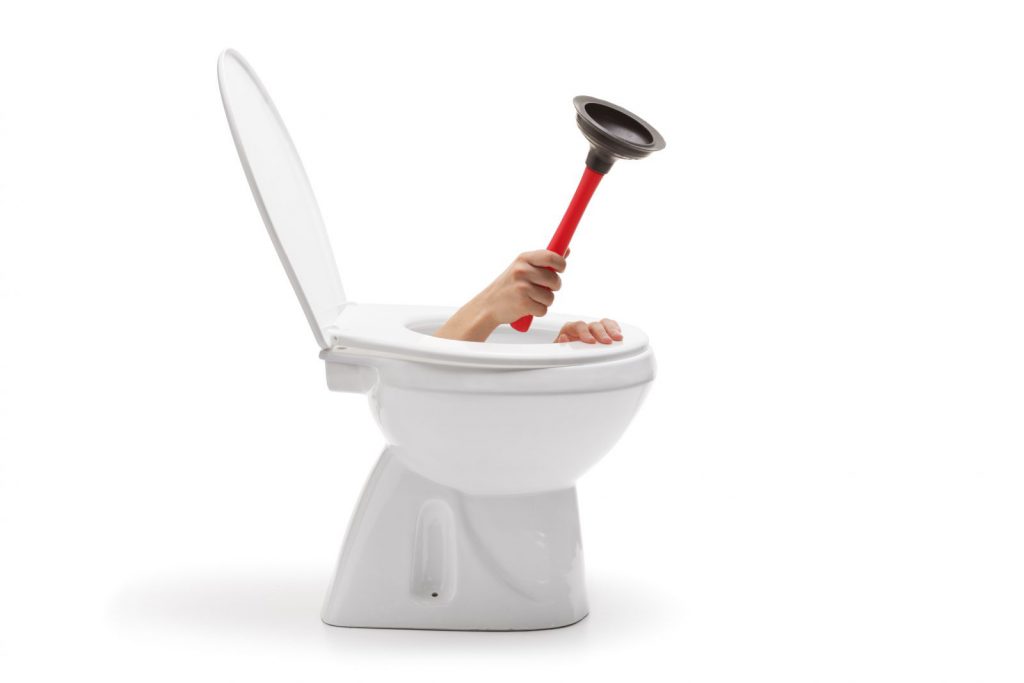
Older Toilets
People typically do not consider purchasing a new toilet until something falters with their current one. But the reality is that old toilets are subject to a myriad of problems and homes that are equipped with these models definitely need to have an annual inspection. Doing so could prevent major water damage inside a home.
Hard Water
Homes that have hard water present a problem for toilets. Hard water can lead to clogged pipes and it can also wear out the parts of a toilet. For example, the seals in a toilet can break down much faster when hard water continuously passes through. As a result, your toilet repair problems may lie with the installation of a water softener.
Trickling water in the bowl or tank of your toilet are other warning signs that some form of a repair is needed. There are lots of little things to look for and a trained plumbing technician can identify those issues with annual maintenance checks.
New Charlotte Location
Our Charlotte office is now located at
3540 Toringdon Way
Suite 200 – #174
Charlotte, NC 28277
Must have an appointment to visit.
